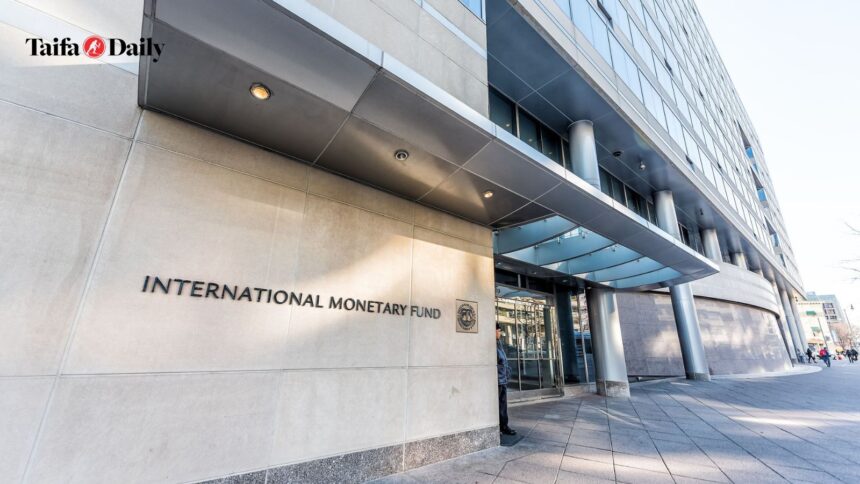The International Monetary Fund (IMF) has given its approval for the second review of Tanzania’s Extended Credit Facility Arrangement. This means Tanzania will receive an immediate disbursement of approximately $150.5 million to support its budget. The total access under this arrangement for Tanzania is now about $455.3 million.
This arrangement aims to help Tanzania recover economically, maintain stability, and encourage sustainable and inclusive growth. The focus is on strengthening the fiscal space, improving the monetary policy framework, enhancing financial sector supervision, and advancing structural reforms.
Tanzania’s economic reform program is progressing well, meeting most of its targets by the end of June 2023. However, the global economic environment and domestic factors continue to pose challenges to Tanzania’s recovery. Despite a slowdown in 2022, economic growth is expected to rebound in 2023.
Inflation is within the target the Bank of Tanzania set, but there were wider fiscal deficits in the previous fiscal year due to shortfalls in revenue collections.
The country faces pressures in the foreign exchange market, resulting from a wider current account deficit and tighter external financial conditions. The immediate priorities include exchange rate flexibility, managing local currency liquidity, and fiscal consolidation while safeguarding social spending.
Mr. Li, Deputy Managing Director and Acting Chair of the Executive Board, emphasized the importance of Tanzania’s commitment to its reform program. Fiscal consolidation, revenue mobilization, spending efficiency, and safeguarding debt sustainability are key areas of focus. Efforts to modernize the monetary policy framework, enhance financial supervision, and align legal frameworks with international standards are also highlighted.
The statement underlines the necessity of structural reforms for inclusive, resilient, and sustainable growth. This includes streamlining bureaucratic procedures, simplifying regulations, improving regulatory transparency, and addressing governance through the implementation of anti-corruption strategies. Additionally, recognizing Tanzania’s vulnerability to climate change, ongoing efforts to increase resilience through mitigation and adaptation policies are crucial.


